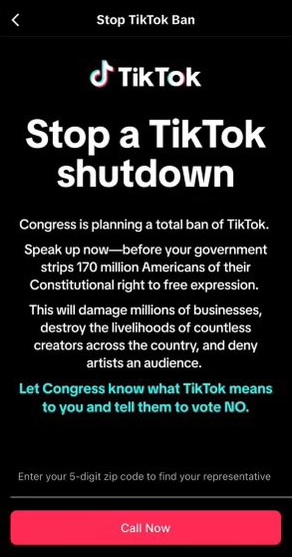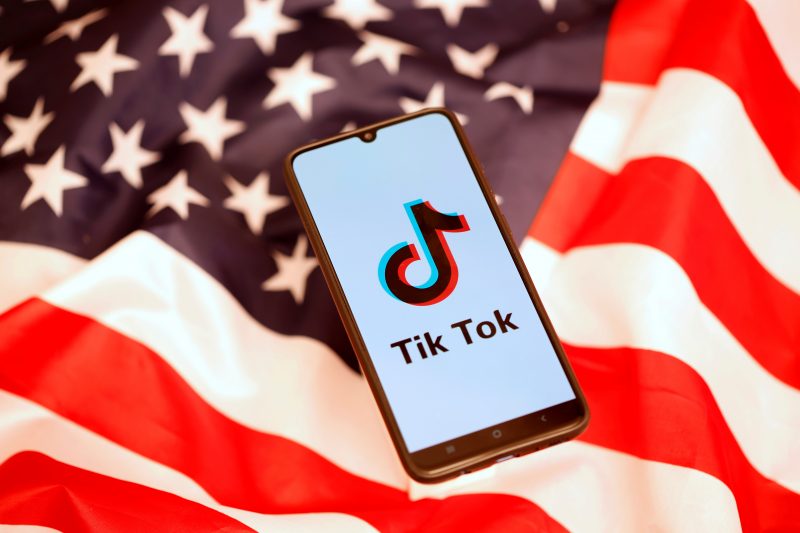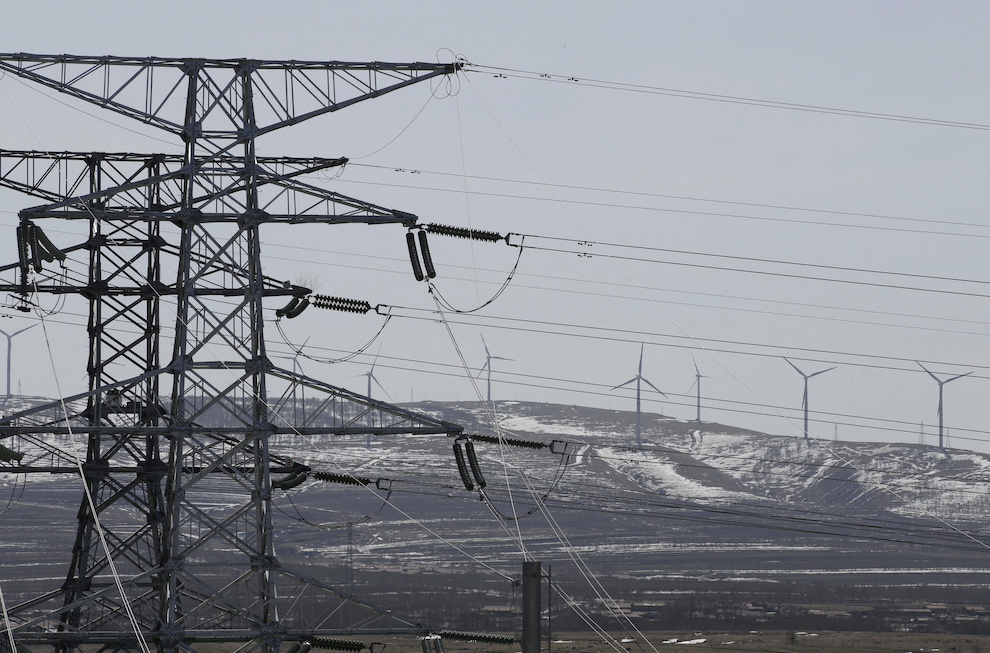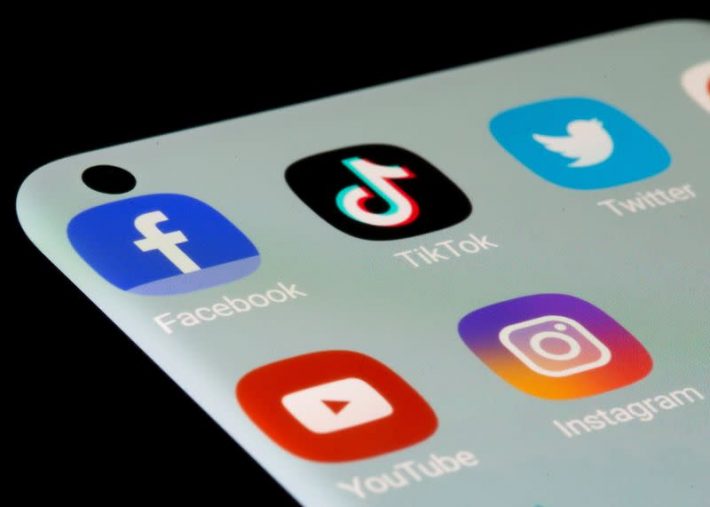TikTok and US lawmakers locked horns on Thursday after a US House panel unanimously approved a bill demanding that China’s ByteDance divest from the app in six months or face a ban in the country.
After the US Energy and Commerce Committee voted 50-0 in favour of the hugely contested Protecting Americans from Foreign Adversary Controlled Applications Act, TikTok wrote on Twitter: “This legislation has a predetermined outcome: a total ban of TikTok in the United States.”
“The government is attempting to strip 170 million Americans of their constitutional right to free expression. This will damage millions of businesses, deny artists an audience, and destroy the livelihoods of countless creators across the country.”
Also on AF: US Indicts Google Engineer of Stealing AI Secrets For China
Meanwhile, Representatives Mike Gallagher and Raja Krishnamoorthi — who submitted the legislation to the US Congress yesterday — said the bill was not a ban, after all.
“TikTok could live on and people could do whatever they want on it provided there is that separation,” Gallagher said, urging US ByteDance investors to support a sale.
“It is not a ban – think of this as a surgery designed to remove the tumour and thereby save the patient in the process.”
Asked if the bill could impact the US operations of Tencent’s WeChat, Gallagher said he would not speculate but said “going forward we can debate what companies fall” under the bill.
“This bill is not a ban, and it’s not really about @tiktok_us. It’s a choice.
We implore ByteDance to sell Tiktok so that its American users can enjoy their dance videos, their bad lip-synch, everything else that goes with Tiktok.” – @CongressmanRaja pic.twitter.com/OV5CLLsDKa
— Select Committee on the Chinese Communist Party (@committeeonccp) March 6, 2024
TikTok, meanwhile, has maintained it has not and would not share US user data with the Chinese government. It is not clear if China would approve any sale, or that it could be divested in six months.
TikTok sends out mass appeal
Concerned about the bill, TikTok on Thursday also called on its US users to call their representatives and appeal against the bill.
“Stop a TikTok shutdown,” read a pop-up notification as many users across the country opened their apps. “Speak up now — before your government strips 170 million Americans of their Constitutional right to free expression,” it said.
“Tell them to vote NO.”

Many users reported that the notification nudged them to share their zip code, with many saying they did not even get an option to close the notification. One user also shared a long email from a TikTok representative reiterating that appeal.
During Thursday’s vote, many lawmakers said they were flooded with phone calls asking them not to back the measure bill. Tech portal Engadget reported one House staffer as saying: “We’re getting a lot of calls from high schoolers asking what a Congressman is.”
Several lawmakers also protested against TikTok “using its influence” to “force users to contact their representatives” ahead of the hearing.
In response, TikTok wrote: “Why are Members of Congress complaining about hearing from their constituents? Respectfully, isn’t that their job?”
What’s ahead for TikTok?
Thursday’s vote represents the most significant momentum for a US crackdown on TikTok, since then President Donald Trump unsuccessfully tried to ban the app in 2020.
It also means that the US House of Representatives will now fast-track a vote next week on the legislation. It will only become a law, however, if it is also passed by the Senate and US President Joe Biden subsequently signs on it.
In the event, ByteDance will have 165 days to divest TikTok. If it doesn’t, app stores operated by Apple, Google and others will not be able to legally offer TikTok or provide web hosting services to ByteDance-controlled applications.
But given TikTok’s popularity, getting the legislation approved by both the House and Senate in an election year may be difficult. Last month, Democratic President Joe Biden’s re-election campaign joined TikTok.
Commerce Secretary Gina Raimondo told Reuters she favoured “a bipartisan comprehensive legislative effort that would allow us to resolve the very real national security threats” posed by foreign-owned apps including TikTok but did not endorse the House bill.
Democratic Senator Mark Warner, who proposed a separate bill last year to give the White House new powers over TikTok, said he had “some concerns about the constitutionality of an approach that names specific companies,” but will take “a close look at this bill.”
The American Civil Liberties Union also said yesterday that a ban on TikTok would be unconstitutional and a violation of First Amendment rights.
- Reuters, with additional inputs from Vishakha Saxena
Also read:
Suspicion And Mistrust Continuing to Shadow TikTok
TikTok Hit With $370m EU Fine Over Children’s Data Breaches
TikTok to Spend Billions in Southeast Asia, Focus on E-Commerce
US and Canada Order TikTok Cut From All Government Phones
China’s TikTok Sues Montana Over Statewide Ban
TikTok CEO to Tell US Lawmakers: ‘We’ve Never Shared Data’























